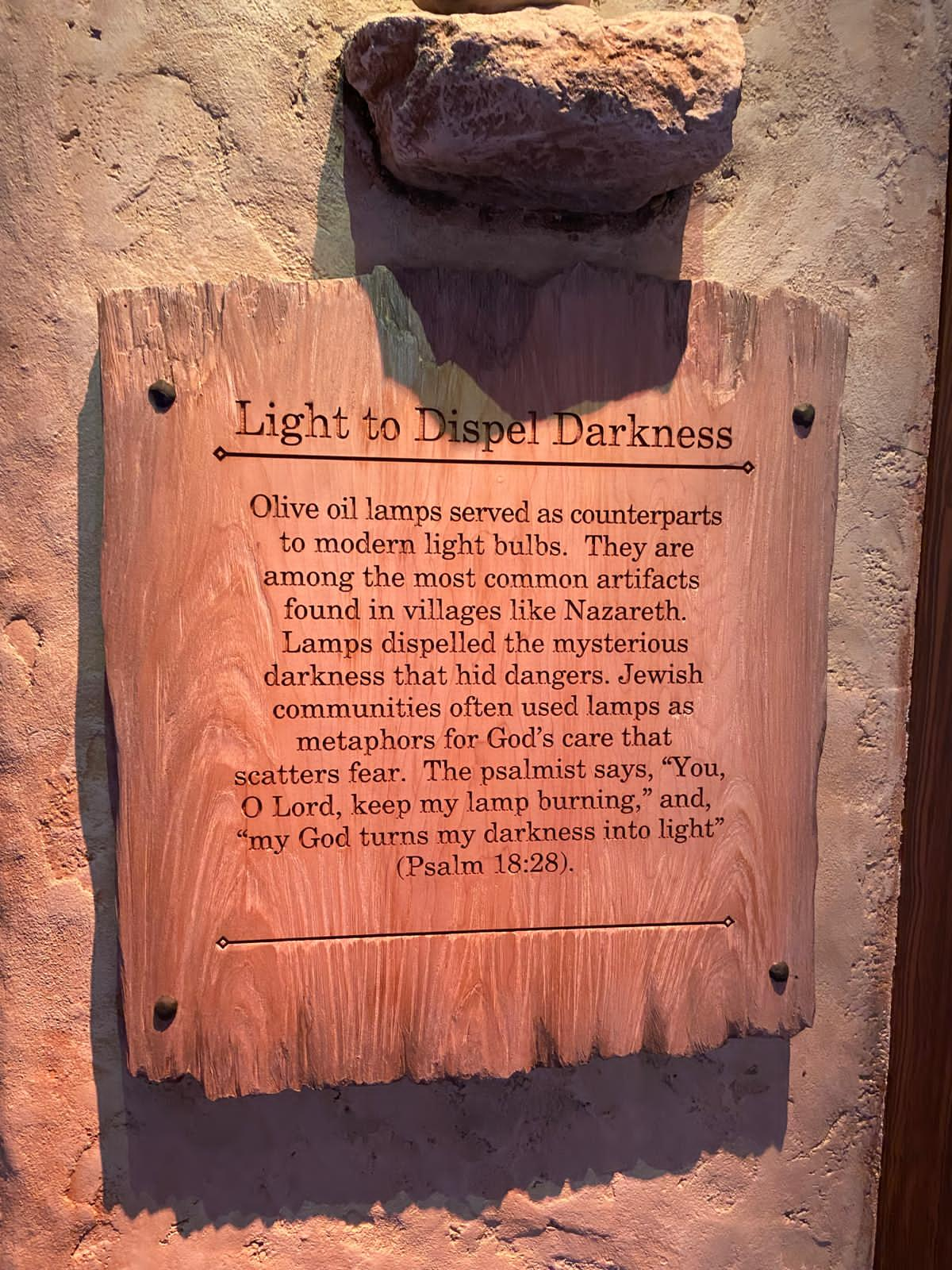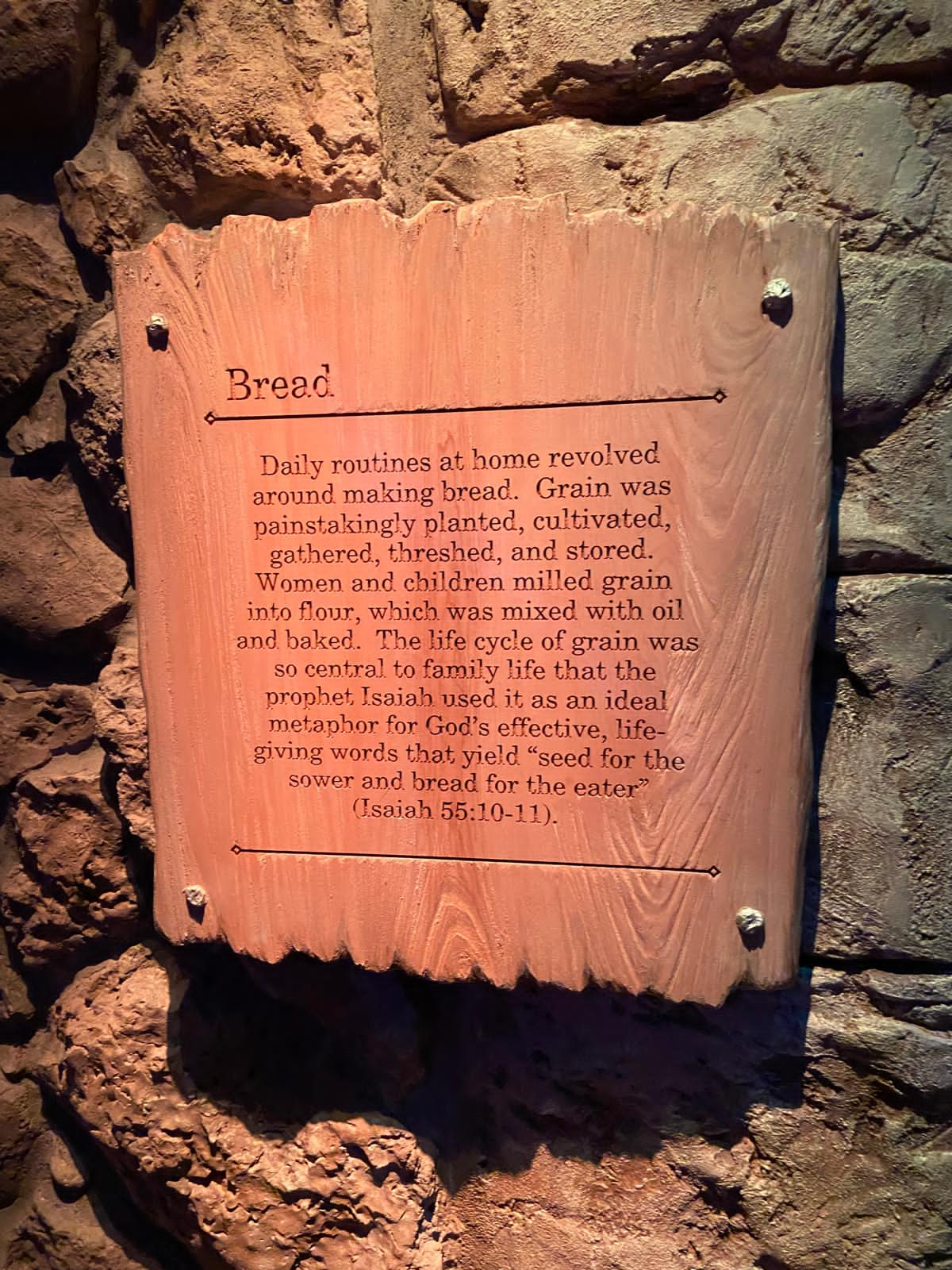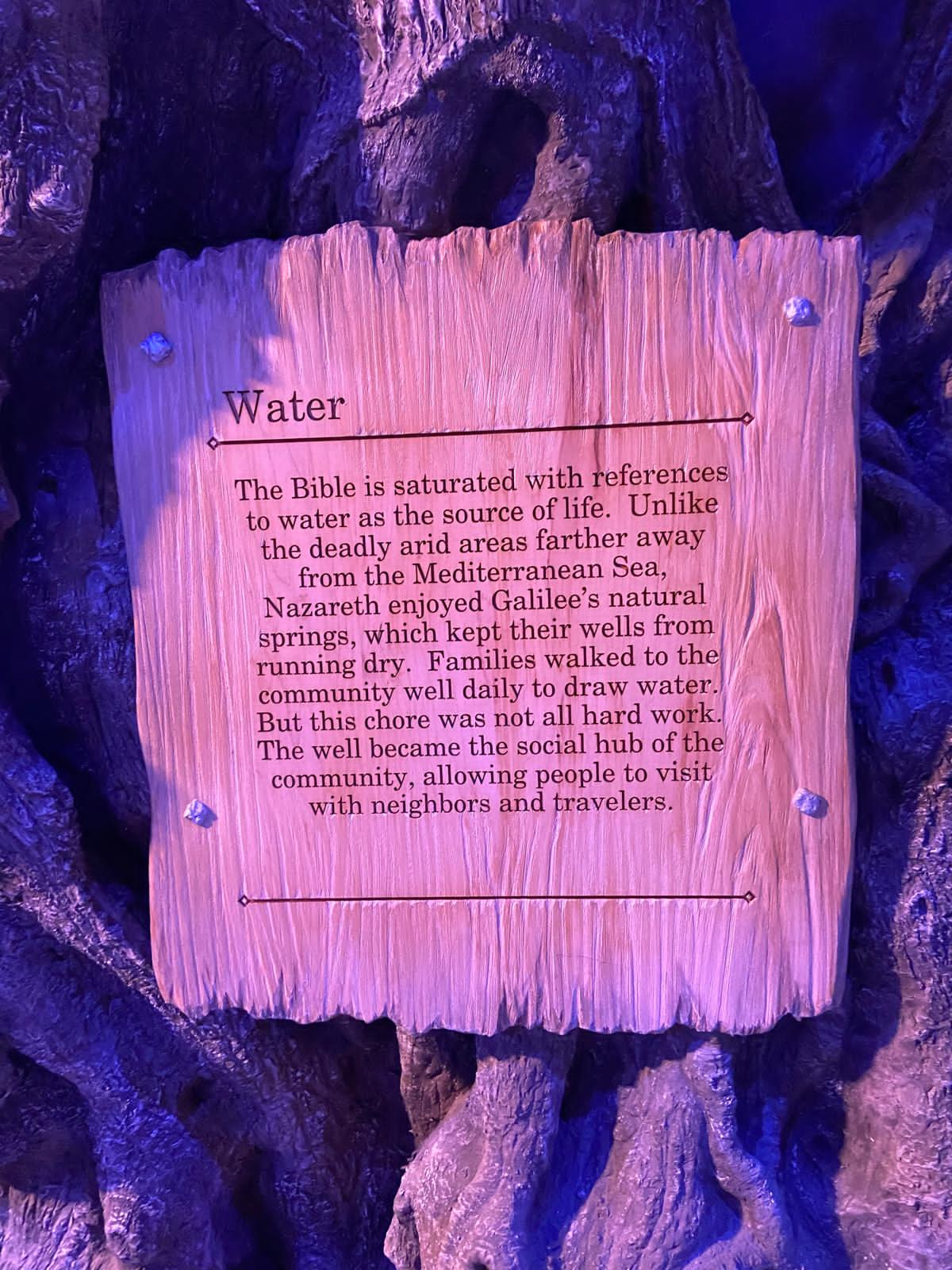Week 12: How the Names of God Reveal His Character
Adventure With God – Discovering His Character Through His Names
Overview
Walking with God is an ongoing adventure of discovery, and one of the most profound ways to know Him is through His names. In Scripture, names are more than just identifiers—they reveal the character, authority, and nature of the one who bears them.
When God told Moses, “I AM THAT I AM” (Exodus 3:14, KJV), He introduced Himself as the eternal, self-existent One who encompasses all we could ever need. Each name God reveals in the Bible is an invitation to experience Him in a specific and personal way. By exploring His names, we deepen our understanding of who He is and how He relates to us.
Key Themes
God’s Names Are Revelations of His Character
God’s names reflect His attributes, such as holiness, faithfulness, love, and power. Knowing His names strengthens our trust in Him.
Key Verse: Psalm 9:10 (KJV): “And they that know thy name will put their trust in thee: for thou, LORD, hast not forsaken them that seek thee.”
Reflection: How does knowing God’s names encourage your faith during difficult times?
God’s Covenant Names in the Old Testament
God’s covenant names highlight His promises and provisions for His people:
Jehovah Jireh – The Lord Will Provide (Genesis 22:14).
Jehovah Rapha – The Lord Who Heals (Exodus 15:26).
Jehovah Shalom – The Lord Is Peace (Judges 6:24).
Jehovah Nissi – The Lord Is My Banner (Exodus 17:15).
Jehovah Tsidkenu – The Lord Our Righteousness (Jeremiah 23:6).
Jehovah Sabaoth – The Lord of Hosts (1 Samuel 1:3).
Key Verse: Isaiah 12:2 (KJV): “Behold, God is my salvation; I will trust, and not be afraid: for the LORD JEHOVAH is my strength and my song; he also is become my salvation.”
Reflection: Which of God’s covenant names resonates most with your current situation, and why?
God’s Relational Names
God also reveals Himself through relational names that show His care and closeness to us:
Abba – Father (Romans 8:15).
El Shaddai – God Almighty (Genesis 17:1).
Immanuel – God With Us (Isaiah 7:14).
Key Verse: Romans 8:15 (KJV): “For ye have not received the spirit of bondage again to fear; but ye have received the Spirit of adoption, whereby we cry, Abba, Father.”
Reflection: How does seeing God as “Abba, Father” impact your personal relationship with Him?
The Name Above All Names: Jesus
In the New Testament, God’s ultimate revelation of His character comes through the name of Jesus. His name means “The Lord Saves,” and it reflects His mission to redeem and restore humanity.
Key Verse: Philippians 2:9-11 (KJV): “Wherefore God also hath highly exalted him, and given him a name which is above every name: That at the name of Jesus every knee should bow…”
Reflection: How does calling on the name of Jesus bring peace and confidence in your life?
Illustrations and Insights
The Diamond Analogy
God’s names are like facets of a diamond, each reflecting a unique aspect of His character. Together, they reveal the brilliance and majesty of who He is.
The Invitation in a Name
Every time God reveals a name, it’s an invitation to experience Him in that specific way. For example, calling on Jehovah Rapha opens the door to His healing, while Jehovah Jireh reminds us of His provision.
A Personal Name
In ancient times, knowing someone’s name signified intimacy and trust. Similarly, knowing God’s names deepens our relationship with Him, drawing us closer to His heart.
Practical Steps for the Week
Study One of God’s Names Each Day
Focus on a different name of God daily. For example:
Day 1: Jehovah Jireh – The Lord Will Provide (Genesis 22:14).
Day 2: Jehovah Rapha – The Lord Who Heals (Exodus 15:26).
Day 3: Jehovah Shalom – The Lord Is Peace (Judges 6:24).
Reflect on how each name applies to your life and write down your insights.
Call on God’s Name in Prayer
Begin your prayers by addressing God according to the name that reflects your need. For example:
“Jehovah Shalom, I ask for Your peace in this situation.”
“Jehovah Jireh, thank You for Your provision in my life.”
Memorize Key Verses About God’s Name
Commit verses like Proverbs 18:10 (“The name of the LORD is a strong tower: the righteous runneth into it, and is safe.”) to memory. Use these verses to meditate on God’s power and promises.
Journal How God Reveals Himself
Keep a journal to record how God reveals Himself to you daily. Reflect on moments when you experienced His provision, peace, or healing.
Actionable Takeaway
This week, focus on the richness of God’s names and what they reveal about His character. Every name is a promise and an invitation to trust Him more deeply. As you explore the names of God, let them draw you closer to understanding and experiencing who He truly is.



